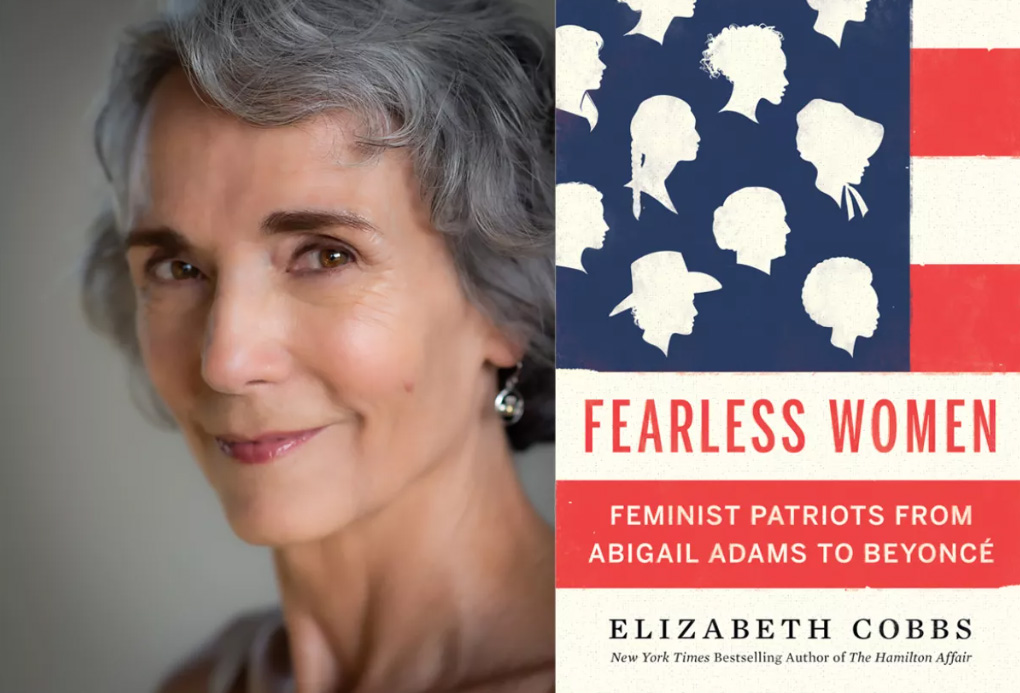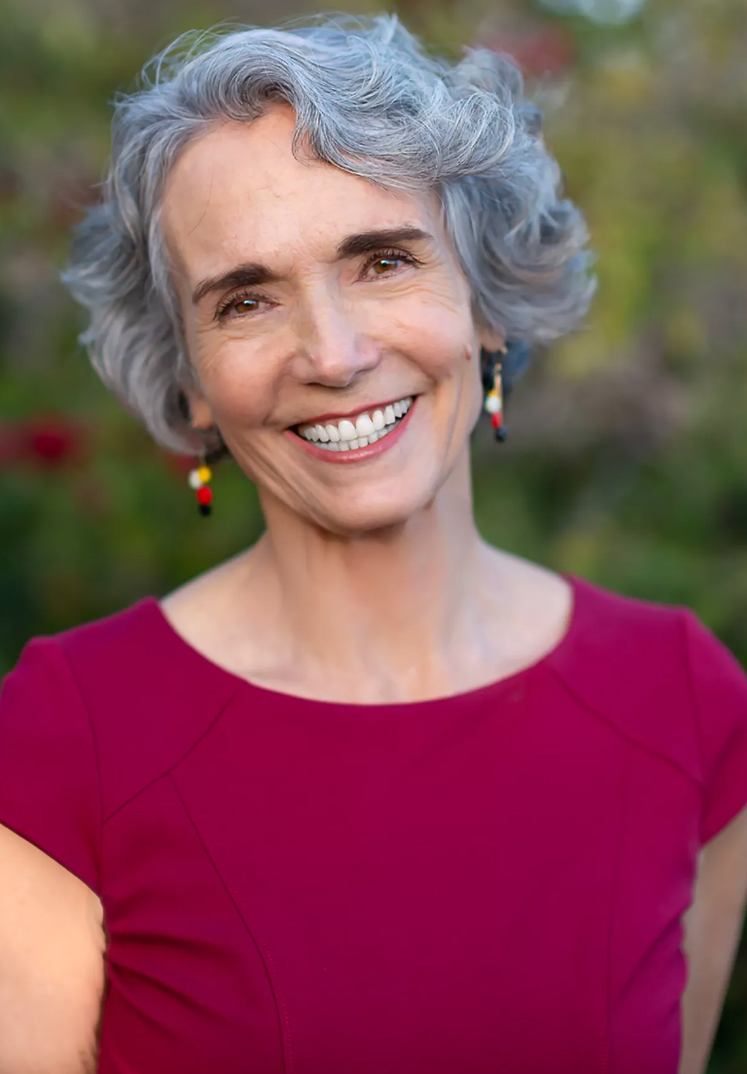
Women’s History Month holds special meaning for Texas A&M University professor Dr. Elizabeth Cobbs this year, given that it coincides with the publication of her most recent book, Fearless Women: Feminist Patriots from Abigail Adams to Beyoncé, exploring the history of feminism and its past and present impact on our nation.
Cobbs, a New York Times bestselling author and holder of the Melbern G. Glasscock Chair in American History in the Department of History, has been writing non-fiction history since 1992. Her stories have highlighted the lives and challenges of various historical figures and groups, such as Alexander Hamilton and the Peace Corps. With her most recent stories before Fearless Women — The Hello Girls: America’s First Women Soldiers and The Tubman Command: A Novel — Cobbs began to delve into the influence of various female icons throughout the United States.
“While writing these books, I started to get concerned that we have these very destructive myths about feminism,” Cobbs said. “There’s a myth on the left, and there’s a myth on the right, and both of them are untrue and serve to divide us.”
Politically, Cobbs said she noticed the left typically viewed feminism as racist and old-fashioned, while the right saw it as the advocacy of a man-hating, anti-family-driven system of beliefs.
“Both views are so off the mark historically that I felt that it was time to set the record straight,” Cobbs said. “It seemed important to do it right now, because there is such a large divide. There’s so much that unites us, and we need to talk about that, too.”

Because Cobbs wrote Fearless Women during the COVID-19 pandemic, she said researching the history of feminism and reading about the experiences of women throughout various time periods was a major challenge in her writing process in terms of library closures and online shifts. However, quarantine and social distancing did not prevent Cobbs from uncovering numerous stories that showcased the importance of the selfless efforts and action of women throughout history.
“The things you discover are really remarkable,” Cobbs said. “The fact that women couldn’t go to high school, that women couldn’t speak in public — I found those stories very shocking but enlightening.”
One of Cobbs’ heroes of the early feminist movement was Elizabeth Packard, who was institutionalized after being wrongfully accused of insanity by her husband. After fighting to get out, she began to advocate for patients’ rights.
Her efforts would inadvertently help Mary Todd Lincoln, Cobbs said, who was struggling with the loss of her husband, U.S. President Abraham Lincoln, and the early deaths of two of her children. Her oldest son committed her to an insane asylum, hopeful that she would remain there for the rest of her life. However, using the laws Packard passed about consultation and correspondence, she was able to get out and move back home to live in peace.
“Think of how Abraham Lincoln would have felt about that,” Cobbs said.
Other than researching stories of women in the past, Cobbs was also able to meet with many who are current advocates for women's rights.
“When you write a book, it’s like meeting people that you don't know yet,” Cobbs said. “So, meeting and discovering these women who were so brave, had such heart and cared so deeply for our country that they did truly heroic things — that was my favorite part.”
While Fearless Women celebrates the victories and successes of women throughout history, it also shines a light on many of the fundamental rights that are still being threatened in modern-day society. The encompassing theme throughout the entire story prompts readers to question the foundations of American history and the ways in which the voices of women have been suppressed since the nation's birth.
“Feminism was born in the American Revolution, and it has been a driver of American history ever since,” Cobbs said. “We can’t understand the Industrial Revolution, we can’t understand the abolition of slavery, we can't understand how our economy doubled in size unless we understand how feminism was behind all of those developments.”
See a related March 6 conversation with Cobbs from the Harvard University Press Blog, a March 12 feature from The San Diego Union-Tribune or watch a March 14 Q&A with Cobbs on CSPAN.

